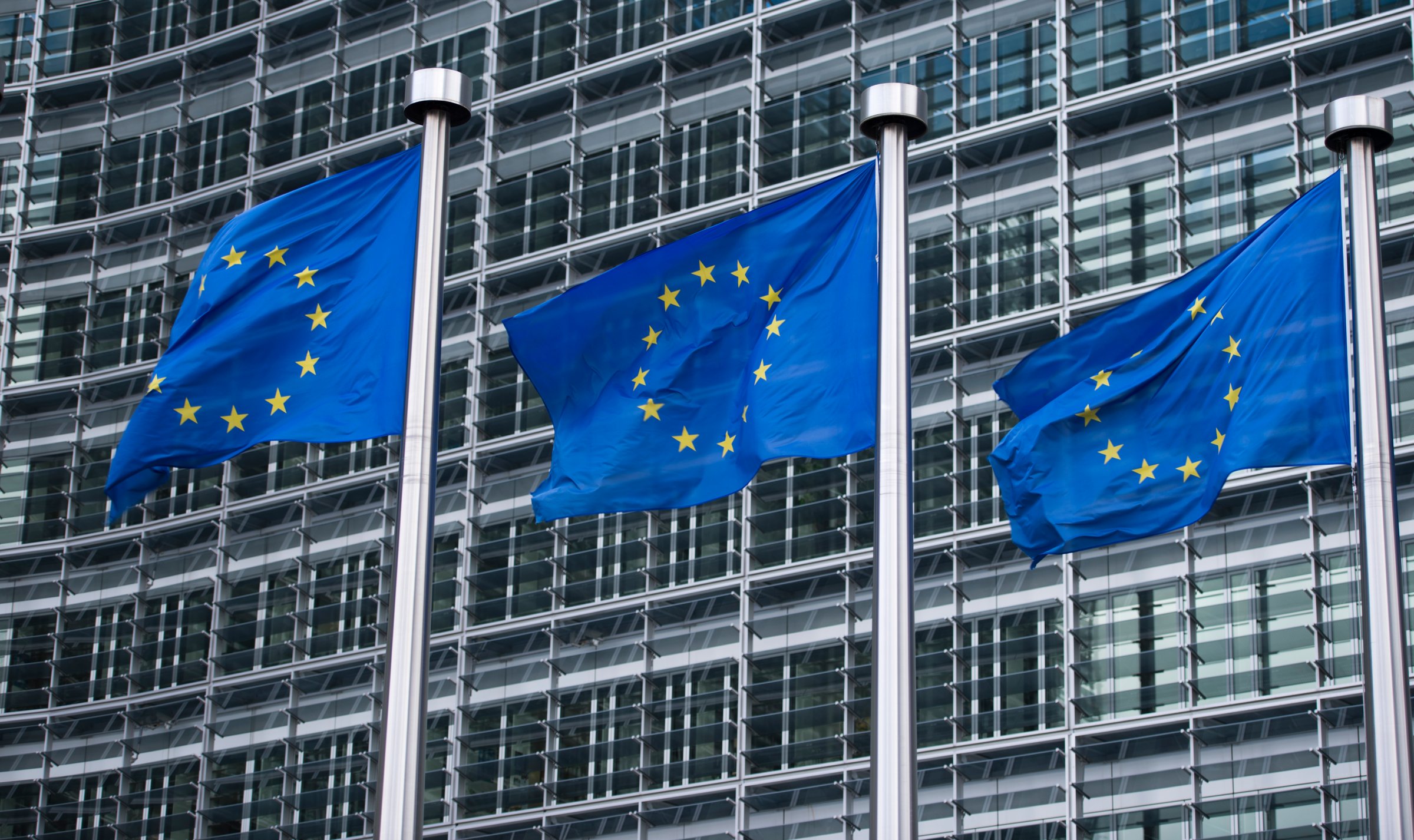
Europe has a history of coming together in good times but not in bad. Think about the creation of the Eurozone, and the launch of the single currency, juxtaposed with the piecemeal policy reaction over the last few years to the Eurozone financial crisis. This tendency has been on tragic display recently, with the shooting down of a Malaysia Airlines jet that carried numerous European passengers. This event should have strengthened European resolve to put more and tougher sanctions on Russia. Instead, it’s led to half-hearted measures doled out on a country-by-country basis. France is even going ahead with big deal to supply warships to Russia.
The key issue, of course, is that Europe is in very deep with the Russians economically, much deeper than the U.S. Or China, for that matter; The recent Russia-China gas deal was small potatoes compared to the business that the Europeans do. Europeans get about 30 percent of their gas from Russia, and are dependent on other natural resources, like oil and minerals, from Russia too. Indeed, the Netherlands, which lost more people than any European country in the crash, took in the largest share of those exports from Russia last year. They aren’t alone—German banks and multinationals do lots of business with Russia, and countries like the UK are a big destination for oligarchs looking to stash cash outside their home country.
That’s why it’s so crucial that European foreign ministers come together at their meeting over the Ukraine situation and Russian sanctions in Brussels. Until they are on board with more serious sanctions, particularly in the energy sector, it’s unlikely that the current rounds are going to make a serious dent in the Russian economy, which, as a recently Capital Economics report pointed out, still has a strong international investment position.
The bottom line is that Europe needs a much smarter and less Russia-centric energy strategy. As I’ve explained before, that’s a need that’s unlikely to filled by the gas rich US anytime soon. Rather it’s something that will have to be driven internally within Europe. It’s an opportunity not only for Europe to become more secure, but to prove to the rest of the world that it can work together and live up to the promise of the EU itself—in both good times and bad.
More Must-Reads from TIME
- Cybersecurity Experts Are Sounding the Alarm on DOGE
- Meet the 2025 Women of the Year
- The Harsh Truth About Disability Inclusion
- Why Do More Young Adults Have Cancer?
- Colman Domingo Leads With Radical Love
- How to Get Better at Doing Things Alone
- Michelle Zauner Stares Down the Darkness
Contact us at letters@time.com